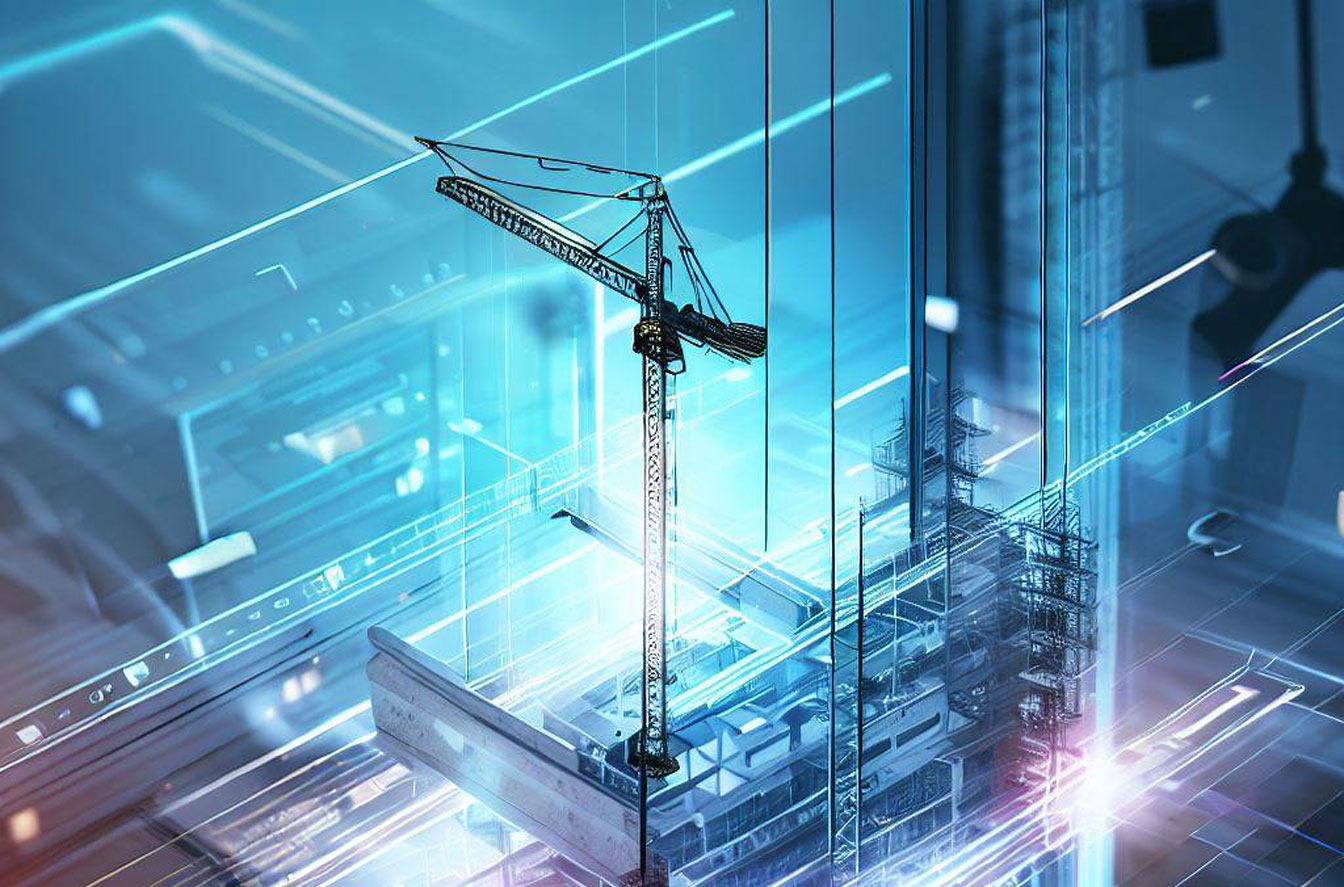The construction industry has always been associated with physical labor and hard hats, but it has undergone a significant transformation with digitalization in recent years. While the benefits of digitalization in the construction industry are immense, such as increased efficiency, reduced costs, and improved safety, significant challenges still need to be addressed. This article will discuss the critical challenges of digitalization in the construction industry and how to overcome them.
Challenge #1: Resistance to Change
The construction industry is known for its traditional practices, and introducing new technology can be met with resistance from stakeholders. Workers may hesitate to adopt new tools and processes, and management may be reluctant to invest in unfamiliar technology.
Solution: Education and Training
To overcome resistance to change, educating and training workers and management on the benefits of digitalization is essential. By highlighting how digitalization can improve their work and make it easier, workers are more likely to embrace new technology. In addition, investing in comprehensive training and education programs can help ensure successful adoption.
Challenge #2: Integration and Interoperability
Construction projects involve numerous stakeholders using different software and systems, including contractors, architects, engineers, and suppliers. This can lead to inefficiencies and communication breakdowns.
Solution: Standardization and Collaboration
Standardization of software and systems is crucial to overcome integration and interoperability challenges. Adopting a common platform for all stakeholders can improve communication and coordination. Collaboration tools like Rhyton EPC management can facilitate communication and collaboration across all stakeholders.
Challenge #3: Cybersecurity
The construction industry has been a target of cyberattacks in recent years, and data breaches can have significant consequences, including financial losses, damage to reputation, and project delays.
Solution: Robust Cybersecurity
Robust cybersecurity measures must be implemented, such as firewalls, encryption, and access controls. In addition, regular training and awareness programs for workers can also help prevent cyberattacks.
In conclusion, digitalization in the construction industry is essential for improving efficiency, reducing costs, and improving safety. However, the digitalization team must address challenges such as resistance to change, integration, interoperability, and cybersecurity. By investing in education and training, standardization and collaboration, and robust cybersecurity measures, the construction industry can overcome these challenges and embrace the benefits of digitalization. With the Rhyton EPC Management system and Rhyton EDMS (PINOR), we provide the necessary tools and solutions to streamline digitalization in the construction industry.








